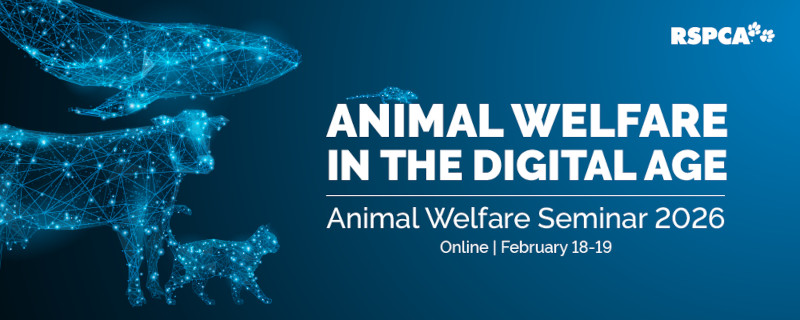The first question you should seriously ask yourself is why do you want to breed a foal? Horse breeding should only be carried out by people who are very experienced. Even experienced horse breeders should continuously reconsider their breeding program as there are too many horses in Australia and only so many homes. Visit a horse market in your state and see for yourself the impact of equine overproduction – unwanted horses being sold cheaply, often to abattoirs, for human consumption (the horses are killed in Australia and shipped as chilled/frozen meat) or for dog meat. Horse rescue centres are full of horses bred on a whim by their former owners. No one in Australia breeds horses with these outcomes in mind yet that is where many of them end up.
In Australia the problem of over breeding is exacerbated by the fact that land is relatively cheap. In Australia many people are able to own their own land compared to European countries where people are more likely to agist and have to think more carefully about the costs involved with keeping and breeding horses.
When thinking about breeding it must also be remembered that a horse is an animal that has a very long lifespan. It is not uncommon for horses to reach 30 plus years of age, and ponies even older, so even with the best of intentions nobody can guarantee a foal a home for life. Occurrences such as recession, drought and other natural disasters, a change in personal circumstances etc. can all result in horses having to be sold at a low price. For example during the last prolonged drought period many studs were forced to send their breeding stock to the abattoirs because they could not afford to feed them. At the same time not many people were buying horses due to the incredible increase in feed costs due to the drought (in some areas hay increased from around $4.00 to $35.00 per small square bale). Therefore stud owners often had no choice but to cull their stock (which was more responsible than allowing their animals to starve).
Excessive breeding in many parts of the horse industry leads to an overproduction of horses which results in any surplus horses having a low economic value. When horses have a low economic value they are at risk of ending up at the abattoirs. Believe it or not, ending up at an abattoir is not necessarily the worst thing that can happen to a horse. A horse with little or no economic value is more at risk of neglect than a horse with a high economic value. Many horses suffer many years of neglect because their owners have lost interest and/or cannot afford to take proper care of them. Others simply release them into the ‘wild’ adding to the already overpopulated brumby numbers.
Too many mare owners put their mare in foal without objectively considering her merit as a commercial broodmare. To their owners all mares are special, but there are many defects, diseases and behavioural problems that are heritable and could be passed on to a foal, limiting its worth. Not all such traits are visible and an alarming number of people go into horse breeding on a whim without sufficient thought given to the consequences. Breeding often leads to disappointment as there are no guarantees about what will be produced and many people have very unreal expectations about what a certain mare and stallion will produce. Breeding is also very expensive therefore when you consider stud fees, vets bills and the extra feed required for both the mare and foal (not to mention the time it takes for that foal to reach an age where you can start to ride it) it is usually cheaper to buy yourself a good adult horse than try to breed your ideal horse.
If, after reading the above information, you still wish to go ahead and breed, it is crucial you seek veterinary advice. Your vet will do an external (and sometimes internal examination) of the reproductive organs, assess your mares diet and weight. He/she will also be able to offer advice re: the best type of stallion/semen (frozen/chilled) and the health care (vaccines, diet) a pregnant mare will need.
For more information please see the Equiculture Responsible Horse Care page.

